
Will the Robots Win?
If we are to believe the popular press, developments in Artificial Intelligence are rapidly leading us into a world where robots decide when to pull the trigger and mass unemployment threatens as smart algorithms take over. Is the situation as apocalyptic as the press often make it out to be? To get anywhere near such […]
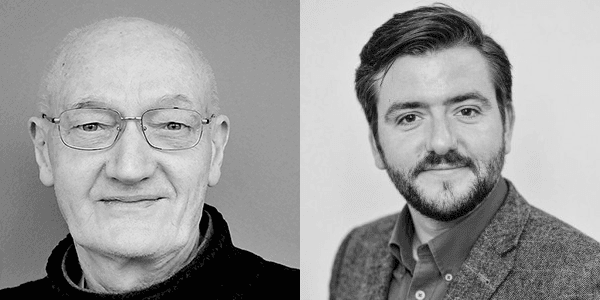
London Thinks – In Conversation: Richard Holloway & Andrew Copson
In an era of hardening religious attitudes and explosive religious violence, Richard Holloway and Andrew Copson talk about the trials and tribulations of religion and belief, and what it means to be a humanist in the 21st century. Ranging far beyond the major world religions of Judaism, Islam, Christianity, Buddhism and Hinduism, the examination of […]

Project Awesome
As if the Sunday Assembly with Danny Bent wasn’t enough! Sunday Assembly and Project Awesome are having a mash up and the results are going to be beautiful! Come along to the Assembly on the 4 September (wearing your most brilliant of 80s workout outfits) and come and take part in a Project Awesome afterwards! […]

The Happiness Of Being You
Oh my goodness, we cannot contain our excitement about this one! We have the very excellent Danny Bent coming to speak at Sunday Assembly this week! Danny was voted one of the 100 happiest people in the UK, and one of the 50 most inspirational people in London. He is an award winning author and […]

The Power Hour
We’re not just thinking power ballads here guys, this week we are joined by the incredible Indra Adnan who is going to talk to us about Soft Power and how we can use it in our lives. For over twenty years, Indra has been writing and consulting in the international arena of soft power, conflict […]
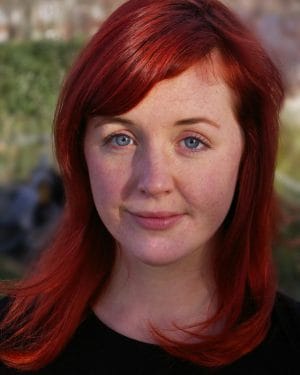
Children’s Concert: Little Red Riding Hood
Paul Patterson’s colourful setting of this classic fairytale, brought to life by musicians from the London Mozart Players and actress, Rebecca Kenny. Particularly suitable for those aged 5-10, but open to all!
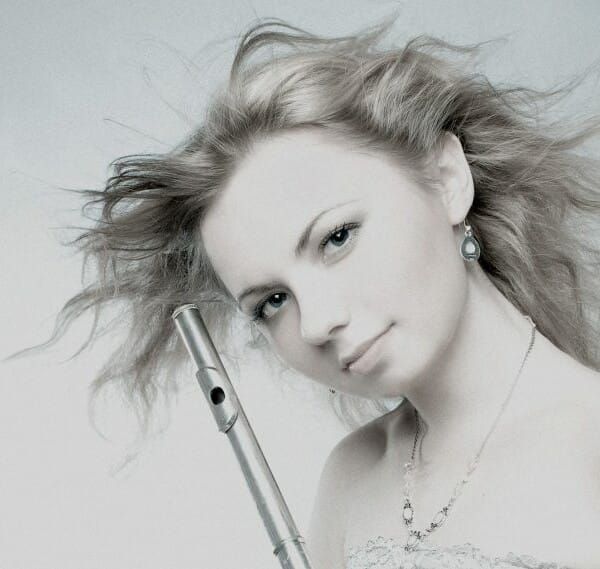
Children’s Workshop with Alena Lugovkina (flautist)
Increasingly in demand for her engaging workshops, Alena will talk about the flute and its history, explore its sound and the many special effects it is capable of. She will take the children on a musical journey including familiar and not-so-familiar pieces. There will be plenty of time for questions, too! Particularly suitable for those […]
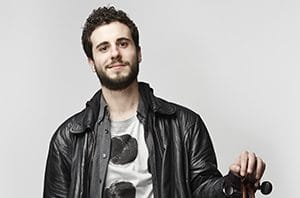
Children’s Workshop with Sergio Serra (cellist)
Sergio will introduce the cello and the array of possibilities that come with playing such a great instrument. Children will have the chance to listen to lots of different music and will be introduced to the basics of shaping and controlling music in some fun games! Particularly suitable for those aged 5-10. Please contact us if […]
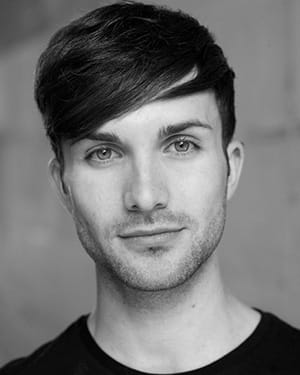
Children’s Workshop with Calum Huggan (percussionist)
The perfect way to kick off our new season of workshops, Calum will get everyone on their feet in rhythm games, body percussion and much more in this exciting introduction to the world of percussion. Particularly suitable for those aged 5-10. Please contact us if you are thinking of bringing a young person outside this […]